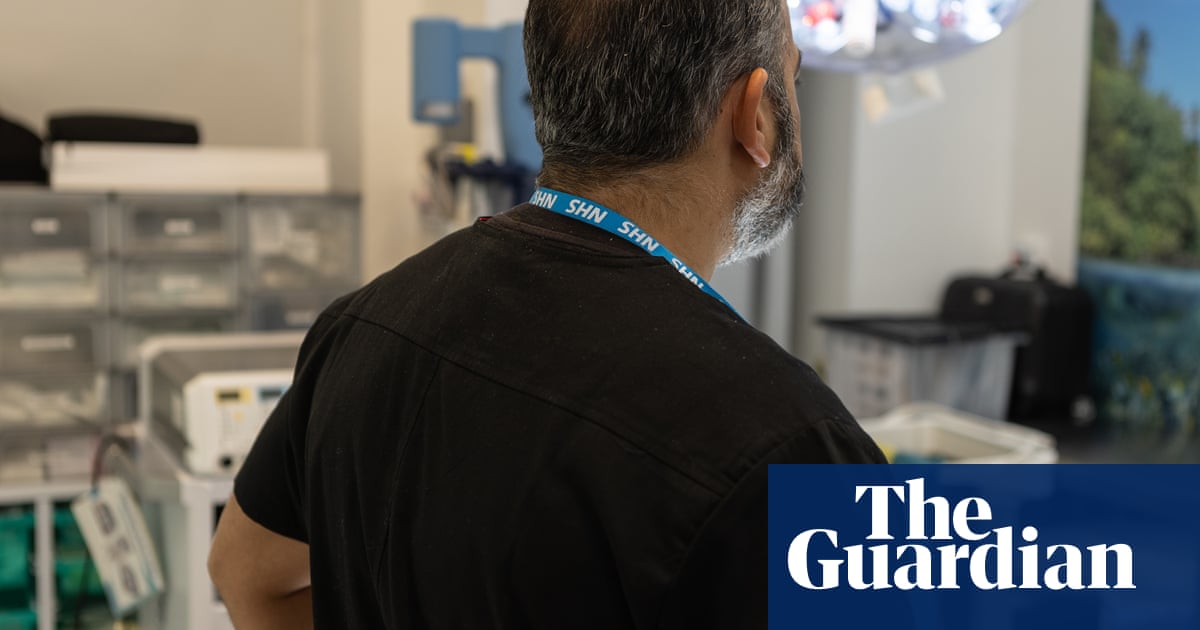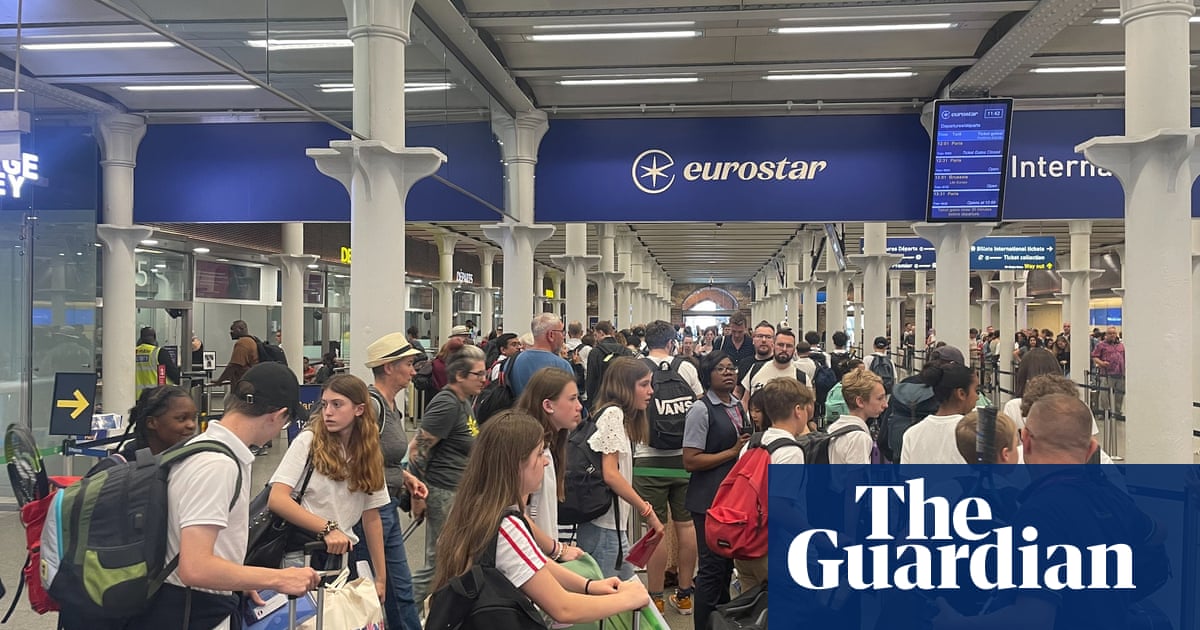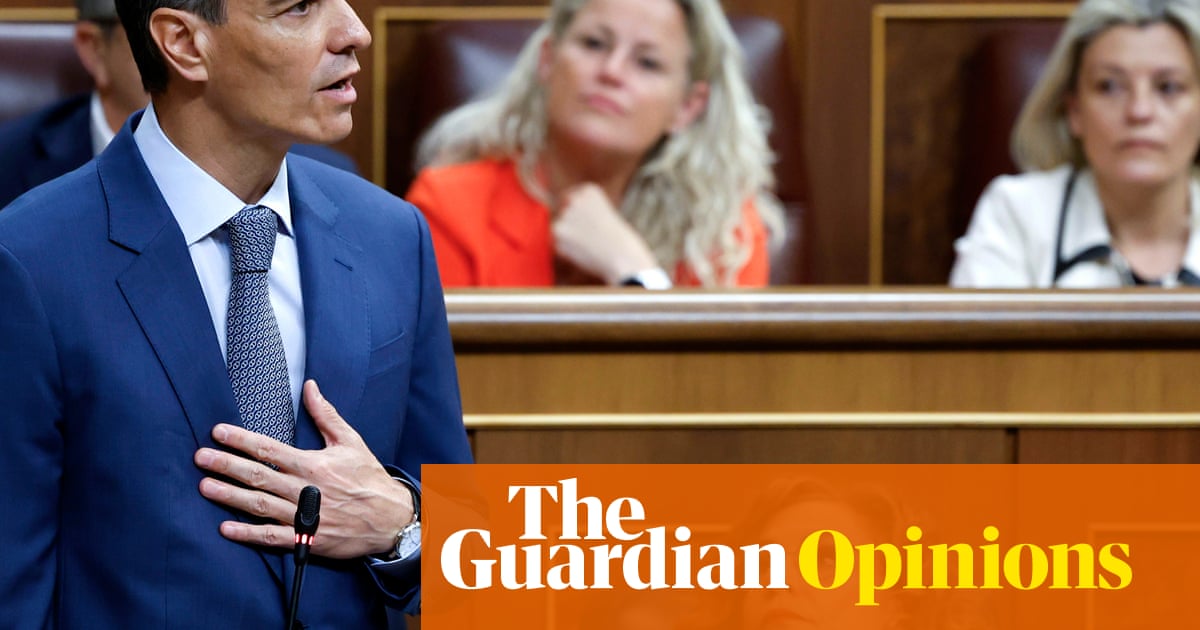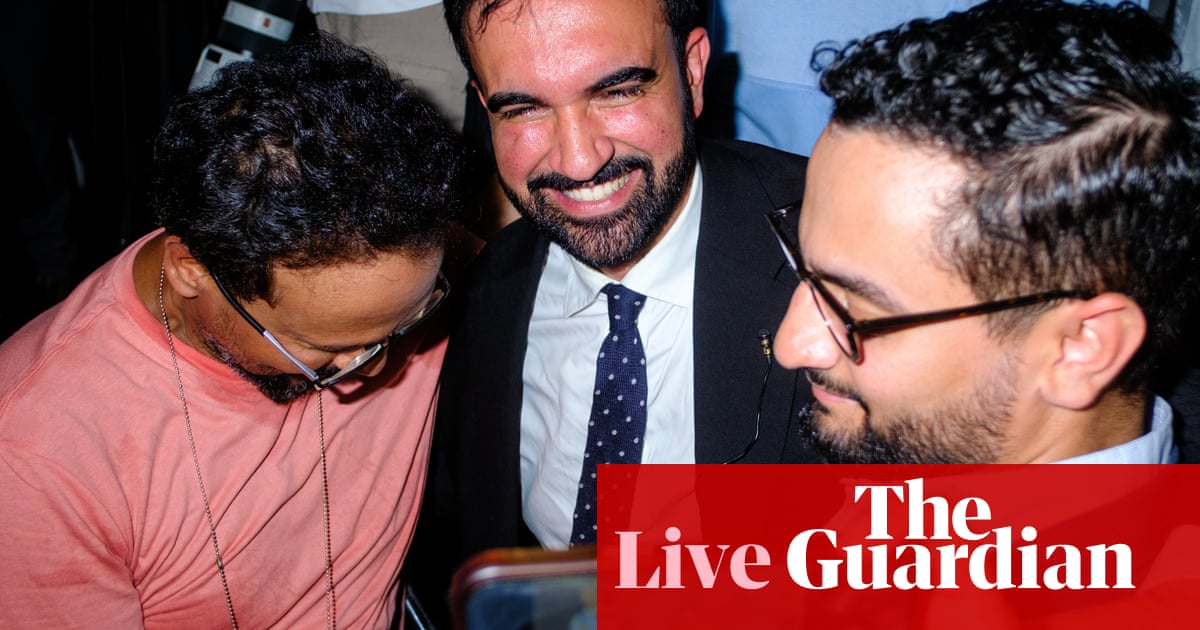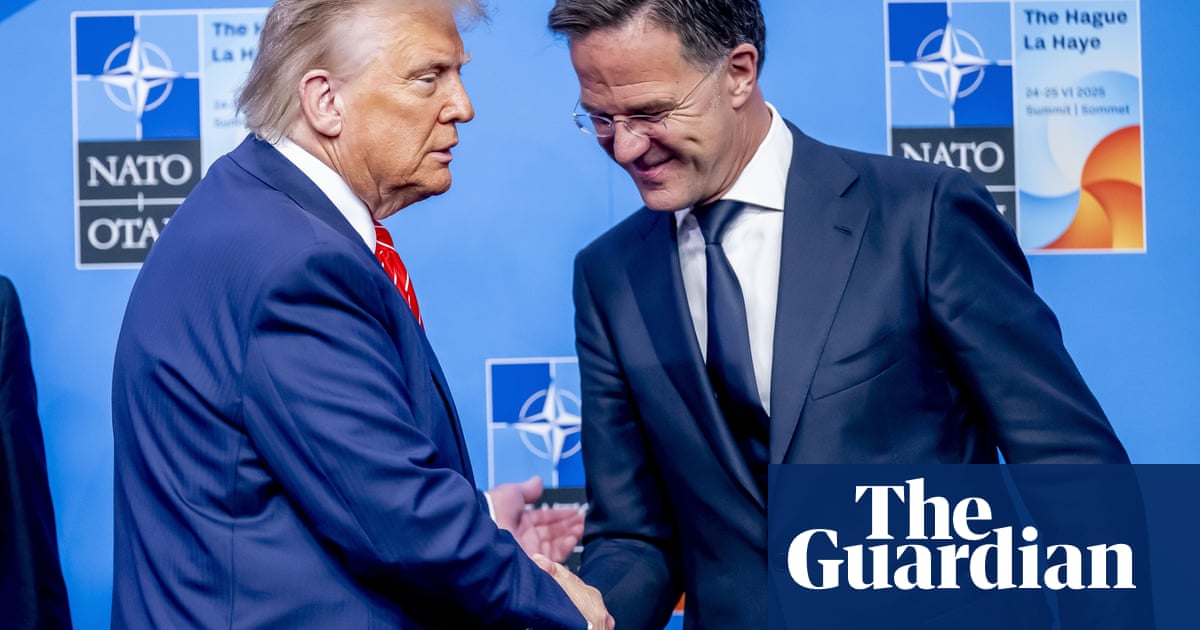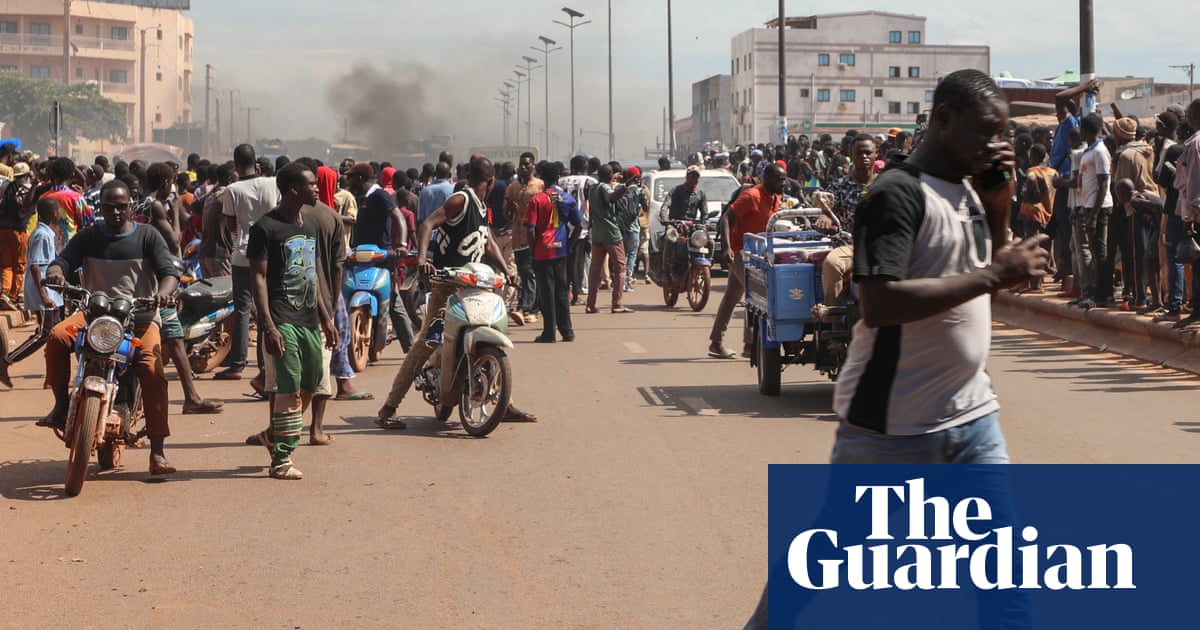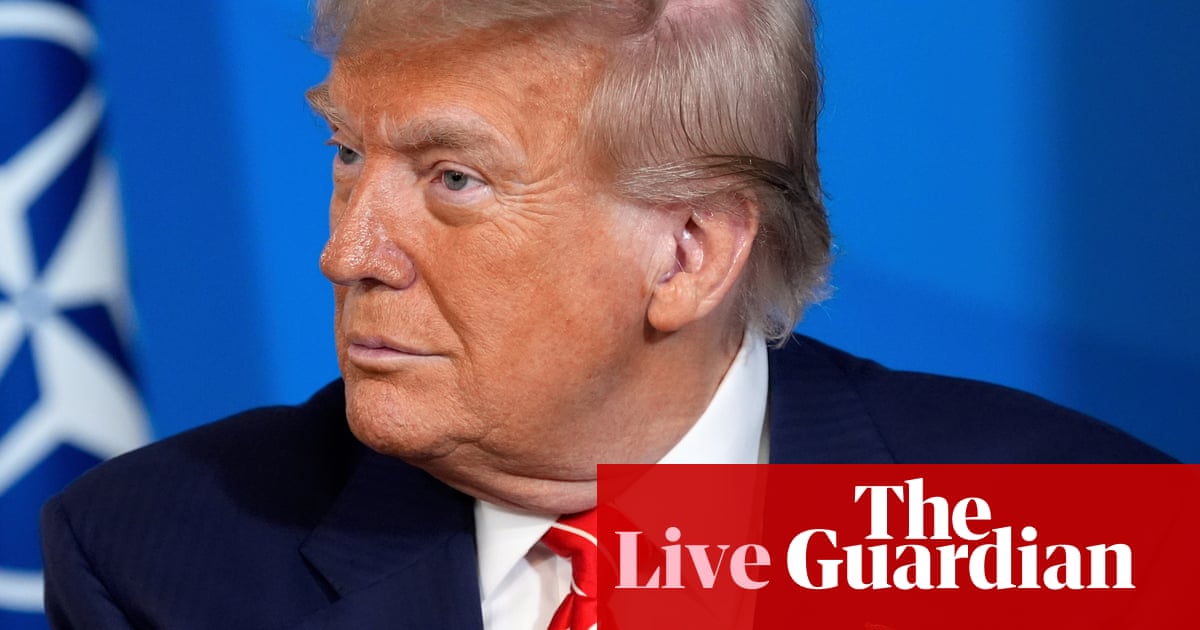Zohran Mamdani’s triumph in New York City’s Democratic primary represents more than just an electoral upset. It’s a confirmation that progressive politics, when pursued with discipline, vision, and vigor, can resonate broadly – even in a city known for its entrenched power structures.
This was no ordinary primary. Andrew Cuomo, a former governor whose political fall from grace seemed irreparable only a few years ago, had positioned himself as the overwhelming favorite. Backed by millions from corporate interests, super PACs, and billionaire donors such as Michael Bloomberg and Bill Ackman, Cuomo relied heavily on institutional inertia and top-down endorsements. Yet Tuesday night, it became clear that this alone couldn’t carry him across the finish line.
Mamdani, a 33-year-old legislator from Queens, ran a relentlessly disciplined campaign built around cost-of-living issues, zeroing in on essentials such as housing, transport, childcare and groceries. Repeated attempts to define Mamdani as merely a “Muslim socialist” with radical ideas, to force divisive identity politics to the fore, or to make the election a referendum on Israel, failed.
But it wasn’t simply messaging discipline that made Mamdani successful. Mamdani has a political talent rooted in genuine charisma. His fluency with language, clarity of purpose, and authenticity allowed him to speak convincingly to voters from many different backgrounds. He wasn’t just another activist-politician; he proved himself to be a natural leader – someone capable of communicating moral truths without sounding moralistic.
Meanwhile, Cuomo’s attempt to reinvent himself in New York City politics was flawed from the outset. His candidacy was perceived by many voters as an arrogant power grab, a rehabilitation project rather than a serious commitment to addressing the city’s challenges. He neglected to engage seriously with New York’s relatively new ranked-choice voting system, stubbornly isolating himself rather than building coalitions, even among centrist figures.
The difference in campaign styles was stark and instructive. Mamdani’s campaign was fundamentally grassroots, driven by committed volunteers, including young activists from the Democratic Socialists of America (DSA). It was also modern and intelligent, recognizing that an ever-growing share of the electorate forms its opinions through social media and finding innovative ways to communicate policy proposals. Remarkably, almost one quarter of the early vote in this primary came from first-time voters in New York elections.
Yet the results make clear that his voting base wasn’t limited to young, college-educated voters most engaged by his campaign. Notably, Mamdani succeeded in neighborhoods like Bay Ridge, Bensonhurst, Dyker Heights, Sunset Park, and Brighton Beach — all areas that swung rightward in the 2024 presidential election.
This was a reward for his consistent efforts to reach out to young, working-class voters who felt alienated by the Democratic party; Mamdani’s first viral video of this campaign came in November, when he interviewed New Yorkers who had voted for Trump about their cost-of-living frustrations. In the face of a skeptical public, Mamdani was even able to communicate democratic socialism as a universal politics rather than a niche identity or a dangerous ideology.
Yet coalition-building factored in just as much as political resolve. Crucial to Mamdani’s broad success was the principled support of progressive figures like Comptroller Brad Lander. Lander advocated for himself as the person best suited to be mayor but accepted the nature of rank-choice voting and the imperative of defeating Cuomo by cross-endorsing Mamdani. Lander’s approach helped forge a coherent, united front — something increasingly rare in fractious progressive circles — and it proved decisive.
Voters, for their part, proved that they were ready for change. They refused to succumb to cynical fearmongering about a supposed tide of crime and antisemitism that would come from a Mamdani victory. Instead, they took a clear-eyed look at their lives, assessed the failings of the Democratic party, and chose something fresh, new, and fundamentally different over a failed political establishment.
Still, Tuesday’s results carry deeper questions about the future. Mamdani’s victory in this primary, significant as it is, must now be tested against Eric Adams and likely Cuomo again in the November election. Beyond that lies a far more challenging test: governing. Progressives across America have watched closely as Chicago’s Brandon Johnson, another promising left-wing mayor, has stumbled against entrenched opposition and due to his own administrative failings. Mamdani will need to navigate obstacles better if elected.
Historical precedent may offer some reassurance for those who wish New York’s mayoral frontrunner well. The tradition of successful municipal socialism in America, including in cities like Milwaukee under the “sewer socialists” and, more recently, in Burlington under Bernie Sanders serve as real examples of socialist governance marked by competence, effectiveness and popularity. Sanders’s legacy in Burlington, especially, stands as a template Mamdani could follow: pragmatic yet deeply principled governance that steadily builds broader legitimacy among skeptics and opponents.
New York mayors have traditionally been considered men who come from nowhere and go nowhere, politically speaking. But Mamdani could break that mold, following Sanders’s trajectory from effective municipal leadership to becoming a durable voice in national politics.
However, to succeed, Mamdani must trust his own judgment — one that has already proved incisive and strategically sound. He must maintain independence from two city establishments: the corporate one, which opposed him at every turn, and the NGO-driven progressive establishment, whose political instincts failed them in recent election cycles.
Mamdani’s platform, which couples a supply-side focused “abundance agenda” with demands for equitable redistribution and expansive public-sector investment, offers precisely the kind of social-democratic governance model New York desperately needs. There’s nothing fundamentally radical about these demands; rather, what’s genuinely radical is the excitement they have inspired among voters, including many who previously disengaged from local politics altogether.
Tonight, Mamdani has undoubtedly delivered a major victory in America’s largest city. But we must be sober about the challenges ahead. Electoral wins are meaningful only if they translate into tangible improvements in people’s lives, and political momentum can dissipate quickly if governance falls short. Mamdani faces an enormous responsibility – not only to his immediate constituency but also to a broader progressive movement watching closely from across the country and the world.
-
Bhaskar Sunkara is the president of The Nation, the founding editor Jacobin, and the author of The Socialist Manifesto: The Case for Radical Politics in An Era of Extreme Inequalities

 8 hours ago
3
8 hours ago
3
